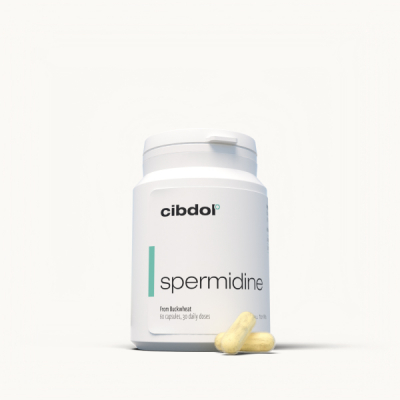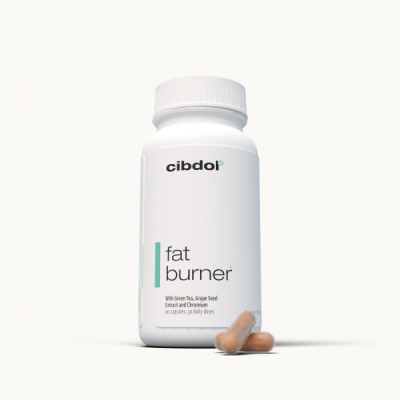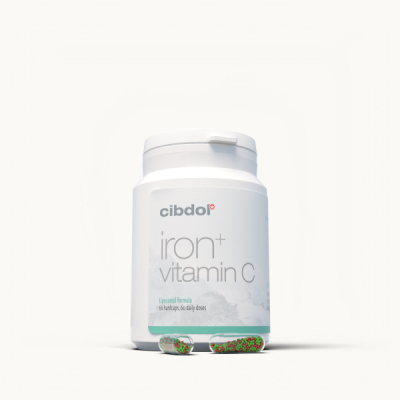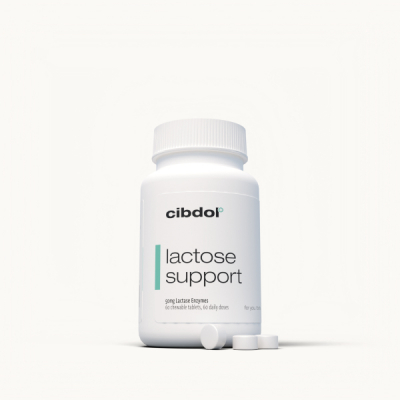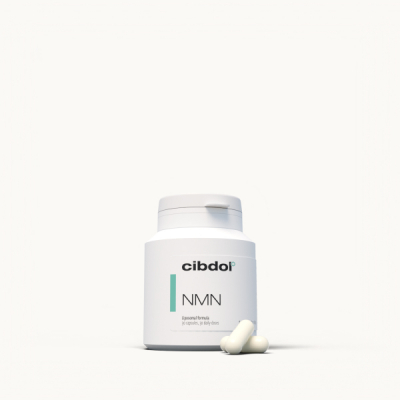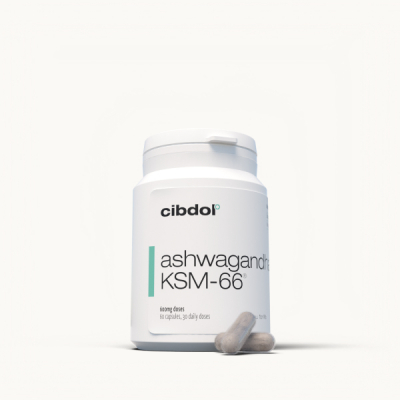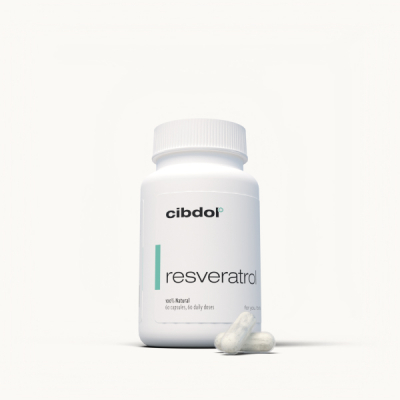We don't ship to your address!
Due to your country law and regulations, we are not permitted to send to your current location. If you have any questions please contact usWe're here to help
Have questions about our products or content? Don't hesitate to get in touch with us.-
Contact
-
Information
-
Blog
Search
Please insert a search term in the input field. If you have any question please contact us contact us
You have to add to cart at least 0 bottles or any program to make checkout.
We don't ship to your address!
Due to your country law and regulations, we are not permitted to send to your current location. If you have any questions please contact usWe are here to help you
We are here for you. If you have any question please contact usSearch
Please insert a search term in the input field. If you have any question please contact usWe don't ship to your address!
Due to your country law and regulations, we are not permitted to send to your current location. If you have any questions please contact usWe are here to help you
We are here for you. If you have any question please contact usSearch
Please insert a search term in the input field. If you have any question please contact usBUY 3, PAY FOR 2! Add 3 CBD Products to your shopping cart and use the discount code: CIBDOL3
-
Showing 1 - 9 of 9 itemsWhich product do I need?
Frequently Asked Questions
Choosing the right Cibdol Vitals supplement
Learn how to select the best Cibdol Vitals product for your daily needs — whether it's energy, recovery, focus, or overall wellbeing.- What are Cibdol Vitals?
-
Cibdol Vitals is a premium range of natural supplements designed to support your body and mind every day. Each product targets a specific function — from energy production and stress balance to digestion, recovery, and sleep support.
- Which product should I choose for daily energy?
-
Q10 100mg is ideal if you’re looking to boost natural energy and fight fatigue. Coenzyme Q10 supports mitochondrial function — the “powerhouse” of your cells — making it a great choice for daily vitality and endurance.
- Which supplement helps with focus and anti-aging?
-
NMN supports cellular repair and healthy aging by boosting NAD+ levels in your body. It’s a smart option for those who want long-term support for focus, brain health, and longevity.
- What should I use for stress and relaxation?
-
Ashwagandha KSM-66 helps the body adapt to stress while improving calmness and mental clarity. It’s perfect for people with busy lifestyles or those who want natural mood support.
- What is the best choice for metabolism and weight control?
-
Fat Burner combines natural plant extracts that support fat metabolism and energy balance. It’s a good fit if you want to complement an active lifestyle with clean, plant-based support.
- Which product supports digestion?
-
Lactose Support is designed for people sensitive to lactose. It contains lactase enzyme to help break down dairy sugars, promoting better digestion and comfort after meals.
- What’s the difference between Shilajit and Spermidine?
-
Shilajit is a mineral-rich resin known for enhancing energy, endurance, and nutrient absorption — often called a natural vitality booster.
Spermidine, on the other hand, supports cellular renewal and longevity by promoting autophagy — your body’s natural cell-cleaning process. - Which supplement is best for recovery and immunity?
-
Iron + Vitamin C is ideal if you need to restore iron levels and support immune function. Vitamin C enhances iron absorption, making it great for energy and resistance — especially for active people or during low-energy periods.
- Can I combine multiple Cibdol Vitals products?
-
Yes, most Vitals supplements can be combined safely since they target different functions. For example, Q10 for energy, Ashwagandha for balance, and Iron + Vitamin C for recovery. Always follow recommended doses and consult a health professional if you take medication.
- Are Cibdol Vitals vegan and safe for daily use?
-
All Cibdol Vitals products are made with premium-quality ingredients, carefully tested for purity and safety. Most formulas are vegan-friendly and suitable for long-term daily use.
As Seen On:








